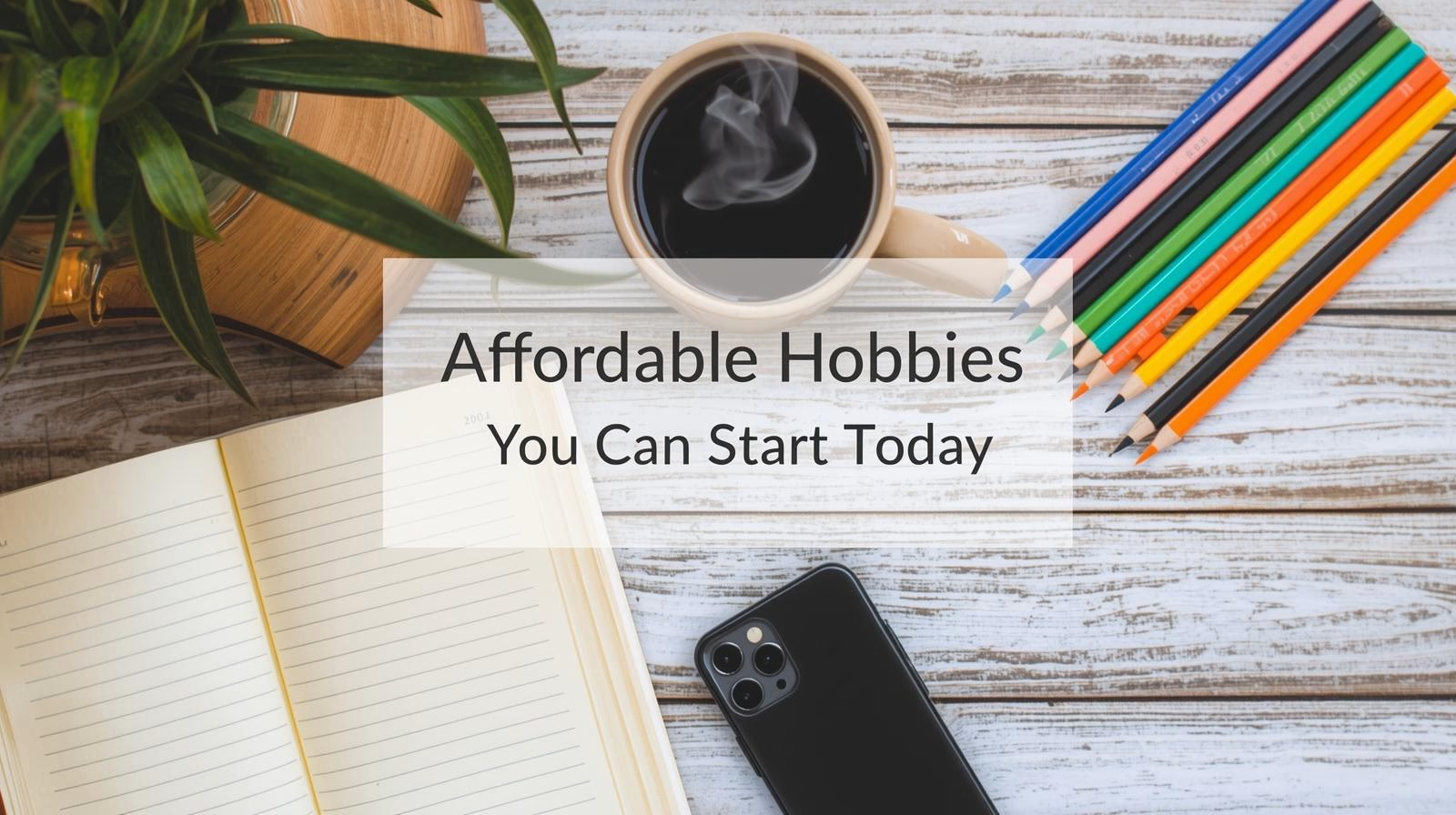Hey there, let’s get real for a minute. Schooling today is a lot more different than back when our parents used to attend school. What is the better move in 2025, this is the big question? Do you want the traditional college experience with late-night library trips and awful dorm food? Or do you accept the digital age and learn from the comfort of your couch in your favorite sweatpants?
I have done both, and I’ve had friends choose either option. So believe me when I say there is no easy answer. Getting a pet is a big choice. It will affect your finances, your time, and how you live your life. It is true that there is pressure to opt for something. The good thing is that you can always choose. Amazing options.
This isn't just a simple pros and cons list. We will compare and contrast the online courses and traditional education in detail. We will talk about money, flexibility, career prospects and what it really means to be a student in both. So grab a coffee, and let’s figure out which path is right for your goals and for your life.
How Much Does It Cost? Does It Provide Any Financial Aid?
Let’s begin with the big issue of cost. This is often the biggest thing that most people think about. The online and traditional education can be surprising.
Sticker Shock İs Real İn Traditional Education
When you join a traditional college or university, you are actually paying for more than just classes. The tuition fee is just the beginning. You also have to factor in.
- You might have to pay as much for room and board as you do for tuition if you live on-campus or nearby.
- Most universities have meal plans that are mandatory.
- Transportation refers to costs for gas, parking permits or public transportation to and from campus.
- High Price of Textbooks and Supplies: Textbooks can be very costly.
- Campus Fees: Fees for the gym, library, student activities, technology services which you might not use or “may use.”
The cost of four-year institutions is high, the National Center for Education Statistics states. According to them, the university tuition fees of an undergraduate student average tens of thousands of dollars per year. While financial aid, scholarship, and grants can help, there is a strong possibility that you will go into heavy debt. This is a big con.
Online education strips away most of those extra costs. Since the tuition is usually more affordable to start with, you completely eliminate the costs of housing, meal plan, and commute. The usage of e-textbooks or open-source materials in numerous online courses can save you a lot of money, sometimes hundreds of dollars in a semester.
This approach provides a more affordable path for obtaining a degree or a certification for people who could not afford a formal education.
In my experience, I took this one from a millennial youtube video. But i found it to be a great piece of advice! Always apply for every scholarship, even the few hundreds. Check for programs for online courses that charge a flat rate per term rather than per credit. If you are a quick study, you can save a lot of money by taking more courses in a term.
You Might Also Like: How To Establish A Scholarship Award
Flexibility And Lifestyle: Who Should Control Your Schedule?
Your time is just as valuable as your money. The way you utilize it in your studies greatly distinguishes the two models from each other.
Traditional Education: A Rigid Structure
The traditional model is built on a fixed schedule. You’re not always sitting behind a desk, staring at the same walls and window. People who thrive on routine and require deadlines to motivate themselves may benefit from this structure. But, anyone who has a job and family will find it particularly difficult. You’re on the university’s clock, not your own.
Online Courses: Freedom And Autonomy
This is where online learning truly shines. Most online programs are asynchronous. That means you can watch lectures, complete assignments and take part in discussions whenever you want.
Early bird? Log on at 6 AM. Night owl?
Your classroom is open at midnight. This amazing flexibility allows you to build your education around your life instead of the other way around. It's helping folks get their degrees and upskill in ways that would've seemed impossible a generation ago.
The flip side? This freedom requires a massive amount of self-discipline. Your learning is ultimately your responsibility. No one is here to babysit you or inform you of an upcoming assignment.
🧑🤝🧑 The Social Experience: Networking Vs. Self-motivation
The way you deal with professors and peers is different in different surroundings, and it has a huge impact on your experience and future career.
Traditional Education: The Value Of Presence
A college campus is a vibrant ecosystem. You're always in the company of your classmates, educators, and facilitators. This creates countless opportunities for.
- Networking happens organically just by talking to your classmate, joining a study group, or meeting your professor during their office time. These interactions can lead you to a lifelong friend or even a professional connection.
- Collaborative Learning: Working on group projects face-to-face, arguing about something in class, and feeding off the energy in a lecture are excellent tools for learning.
- Participating in clubs, sports, or student government can teach leadership and team skills.
Taking Classes Online: A Different Kind Of Connection
Networking online is more intentional. You don't just bump into people. You need to participate actively in discussion forums and become a part of virtual student groups. Also, reach out to peers and professors over email or video calls. While it's different, it's not impossible.
In fact, it can teach you important skills in remote communication and collaboration, which are highly marketable in today’s job market. But, it can get lonely if you don't consciously connect.
🎓 Learning Environment & Outcomes
How do the actual learning experiences stack up? And what do employers think?
Traditional Education: Hands-on & High-touch
In some sectors, it is impossible to beat the in-person experience. A science student needs labs, an art student needs studios, and a nursing student needs clinical practices. Traditional schools are good at offering these resources and immediate feedback from the teachers. Some students submit more assignments since they are in an organized setting and are face to face.
Online Courses: Tech-forward & Skill-focused
Most online learning platforms uses latest technology for interactive simulations and feedback tools. The syllabus is made so competent, full of employment-centric courses that helps one to learn the most useful things related to a particular job. In fields such as tech, digital marketing, and business, employers hold an online certification with similar value, if not more, than a degree, as it shows you possess current skills.
What Do Employers Think?
This is the million-dollar question. A decade ago, there was a stigma around online degrees. Today, that stigma has largely vanished. Most employers see it as effective as an on-campus graduate degree, as long as the online course is from a trusted, accredited body. More than your degree, your skills, your portfolio, and your ability to do the job matter to them.
Frequently Asked Questions (faq)
Which one is "easier"?
Neither is "easier," they are just different. Education at School Requires Discipline to Turn Up and Participate. Educational platforms require a certain level of discipline from a student. You are not getting face time, and you have to manage your own time and stay motivated. The level of difficulty is based solely upon your character.
Can I get financial aid for online courses?
Yes! While you are enrolled in a degree program at a school that is accredited, you become eligible for the same type of federal aid that is available to the students in the on-campus program. Also, an online degree program with federal aid must consist of federal Pell grants and federal student loans. Always check that the program is accredited.
Final Thoughts: It’s Your Journey
So, what’s the verdict? The honest truth is that the best option is the one that aligns with you. The argument between online courses and traditional school learning is not about one being better than the other rather it is about a new world of choice.
If you have just completed high school and have a desire for the social experience of school and the advantages of an order and a timetable, as well as wanting to have the “real college experience”, then the traditional university is a great path.
Online Learning, Not a Bad Option
But, if you are a working professional or parent or anyone who has to strike a balance between his/her education and busy life then online learning is not a bad option. In fact, it is a wonderful option. It allows you to achieve your goals your way, in a flexible, affordable, and high-quality manner.
Don’t buy into that nonsense that we are “real” and you are “not”. Genuine education is what makes you bold, corrects you and brings you nearer to your goals and objectives. Examine your circumstances, bank balance, and preferences honestly; and I trust that you will choose the right learning option for you based on your findings. You've got this.
Save for later
Found this helpful?
Pin this article to your Pinterest board and come back to it whenever you need a reminder.
Save to PinterestResponses (2)
very informative articles or reviews at this time.
This was beautiful Admin. Thank you for your reflections.




